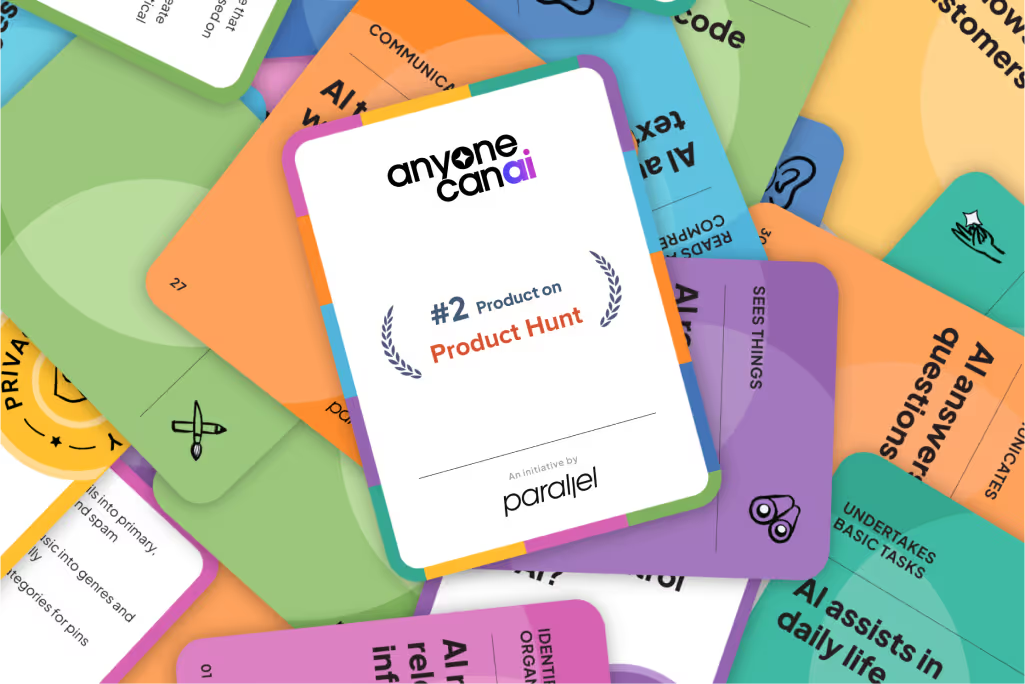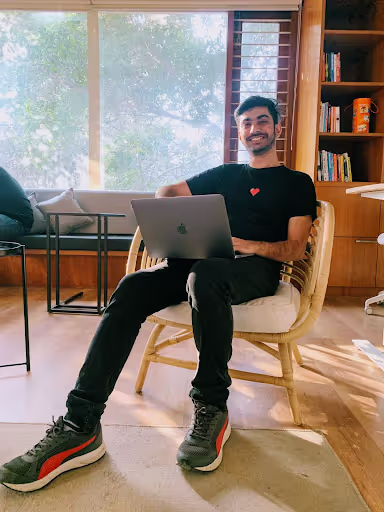Top 10 B2B Brand Positioning Agencies (2026)
Learn about B2B brand positioning agencies that help businesses clarify their value proposition, differentiate in the market, and drive growth.

Most early‑stage software ventures move quickly. They test ideas, release prototypes and court early customers without considering how their product is perceived. Yet how a company is positioned can define its future.
A B2B brand positioning agency helps founders and product leads articulate the promise they offer to other businesses. It combines research, strategy and design to craft a story that feels true and meaningful. That story guides everything from the logo and website to decks and customer support.
When done well, positioning clarifies why you exist and why anyone should care. For teams shipping their first products, a strong foundation gives them more than a surface‑level look; it gives them a voice that feels consistent and trustworthy. This guide explores the top 10 B2B brand positioning agencies and offers advice on selecting the best fit for your needs.
Top 10 agencies for B2B brand positioning
1. Parallel – a partner built for startups
Parallel is my studio, where we collaborate with early-stage startups and businesses. We behave like an in‑house product team, jumping in during the messy early days when everything is still fluid. Our process starts with short sprints and workshops to define the problem and build a shared vocabulary. We then craft a visual and verbal identity and apply it across interfaces, websites and essential materials.
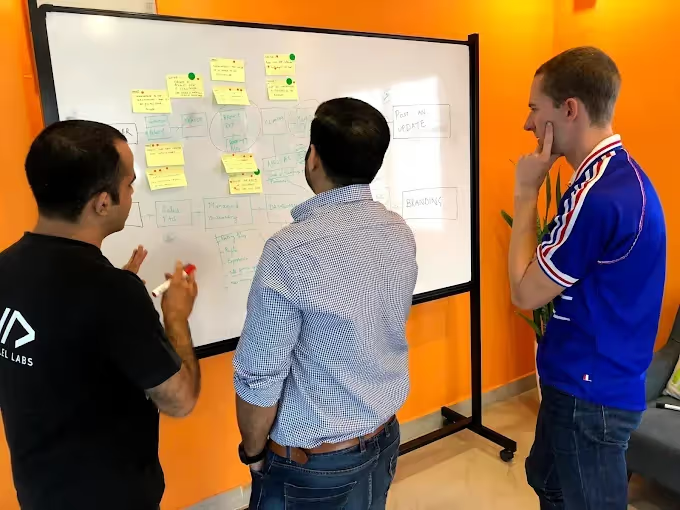
Because we focus on young companies, we know how to move at their pace. For example, a fintech client needed to clarify its offering to enterprise buyers. We ran a series of one‑week sprints, surfaced a clear value proposition and redesigned their onboarding, reducing time‑to‑value by 30%. This kind of embedded work is why we’ve become trusted partners to founders and product managers.
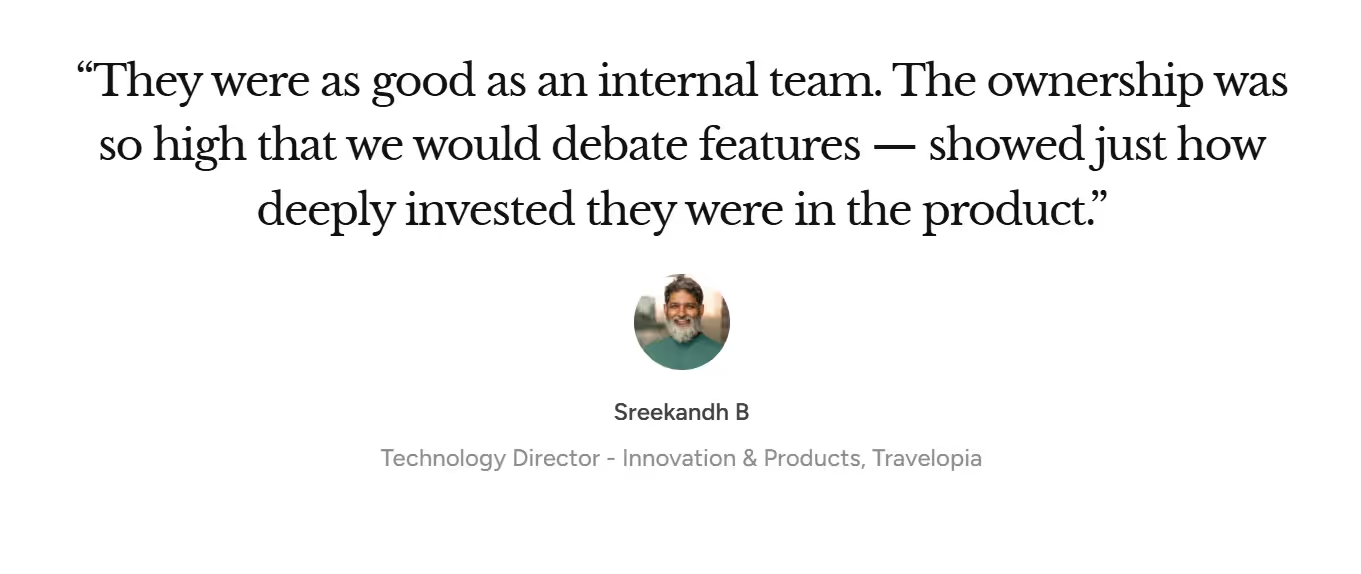
2. Brightscout – brand identity and messaging for tech
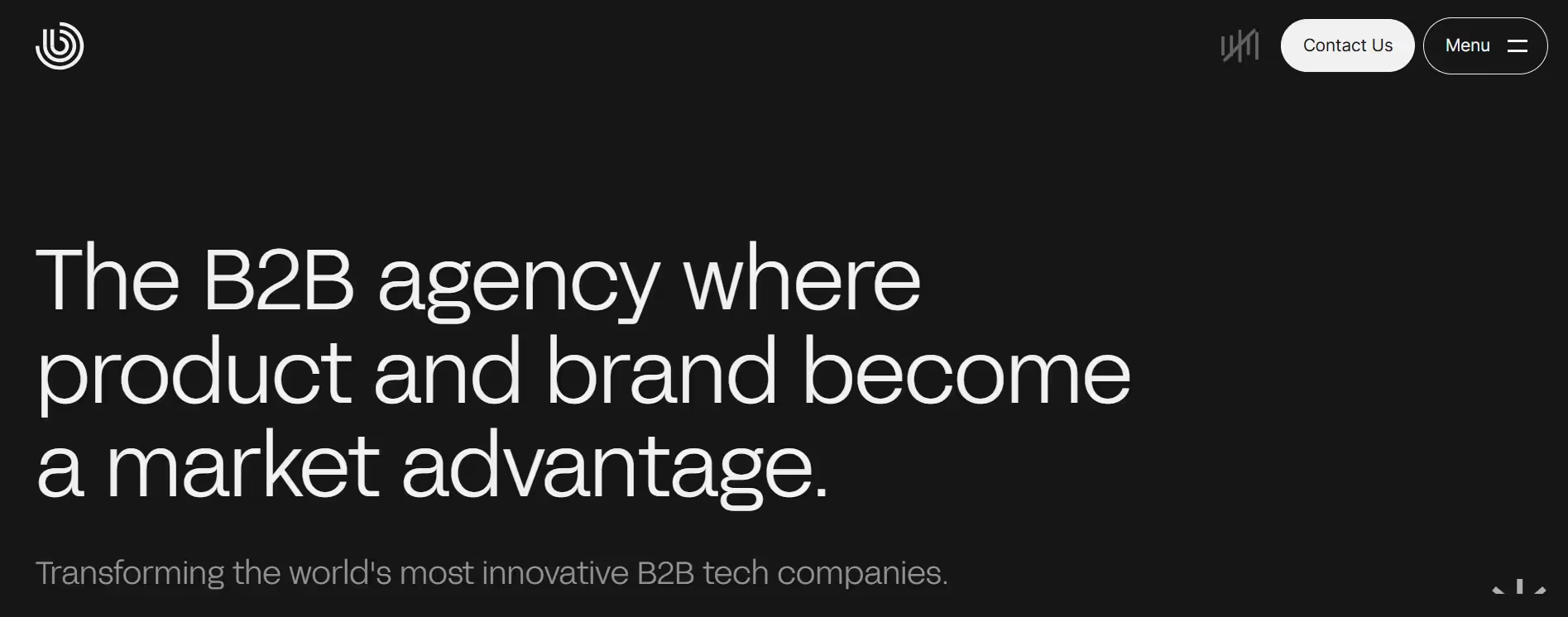
Brightscout is a B2B brand positioning agency known for its strong brand identity and messaging work for technology businesses. They help B2B ventures define their messaging and translate it into cohesive visuals and web experiences. Their team blends strategy with development, giving startups one place to craft their story and build the web presence to support it.
3. Clay – B2B brand positioning agency merging product and brand
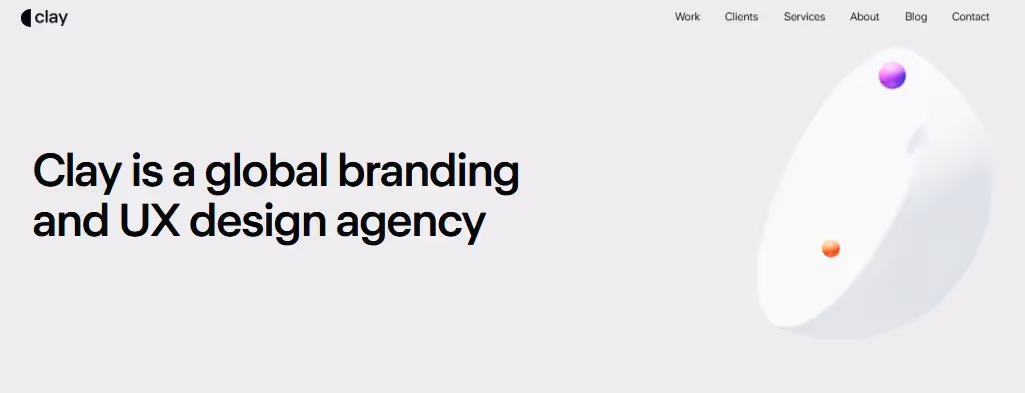
Clay is a global agency that blends strategy, branding and user‑experience design. The team started in San Francisco focusing on mobile apps and SaaS software and later expanded into full‑service brand design and web projects. Clay’s work spans from research and product strategy to interface design, prototyping and development. The agency assembles cross‑disciplinary teams, blending branding and product skills so that an app or website reflects the company’s personality and stays simple to use. Clay also runs an internal content studio for graphics, animation and copywriting, and they integrate considerations for search optimization into their process. Their portfolio includes collaborations with Coinbase, Uber, SendGrid and MoneyLion, demonstrating an ability to help startups scale to enterprise audiences.
4. Ramotion – B2B brand positioning agency bridging product and marketing
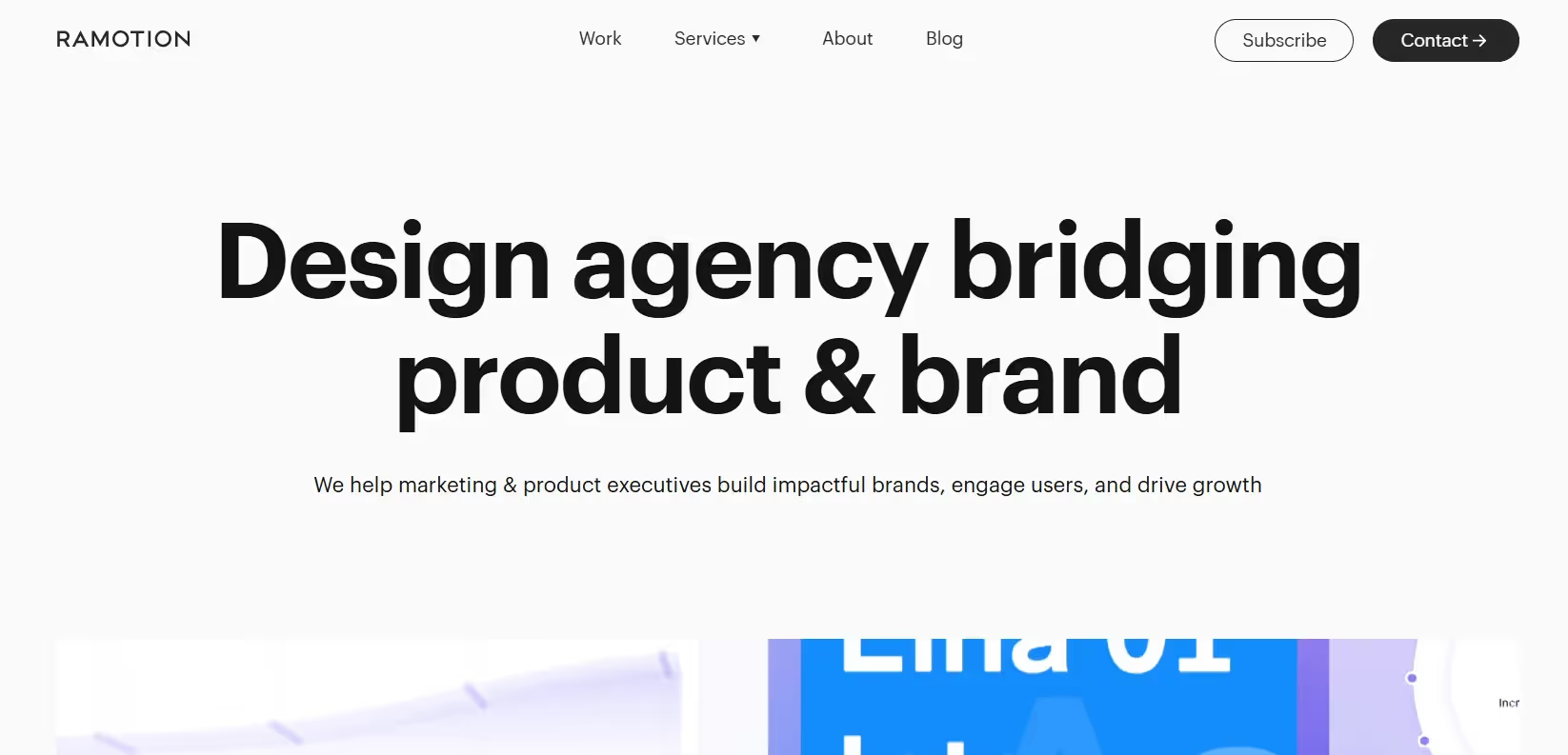
Ramotion is a San Francisco‑based studio that positions itself between product and brand. They support marketing and product executives by offering services such as brand strategy, startup branding, web design, app design, design systems and web app development. Their work with Turo, a car‑sharing platform, improved users’ ability to find answers by 30% and led to consistent experiences across multiple touchpoints. Another project for Streamlit, a tool for data scientists, resulted in adoption by 90% of Fortune 50 companies. Those results show how focused design and positioning can directly impact adoption and revenue.
5. Ruckus – B2B brand positioning agency focused on measurement
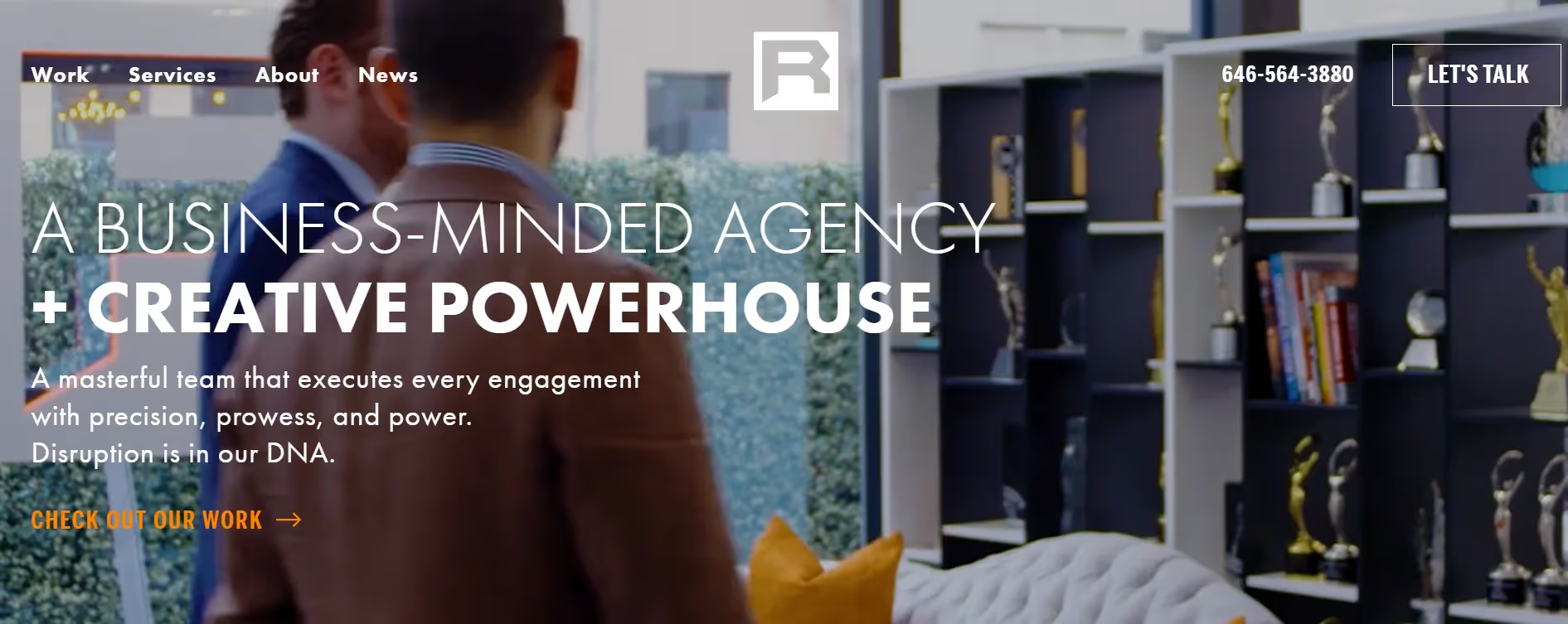
Ruckus, based in New York, calls itself a growth partner rather than a typical agency. They emphasise a process that removes subjectivity and relies on data‑driven methodologies. Their services include brand identity, creative campaigns and positioning for business‑to‑business companies. Ruckus works closely with clients as partners, connecting creative ideas to measurable outcomes. This results‑oriented approach appeals to venture‑backed companies seeking evidence that design decisions will move the needle.
6. Prophet – B2B brand positioning agency for transformation
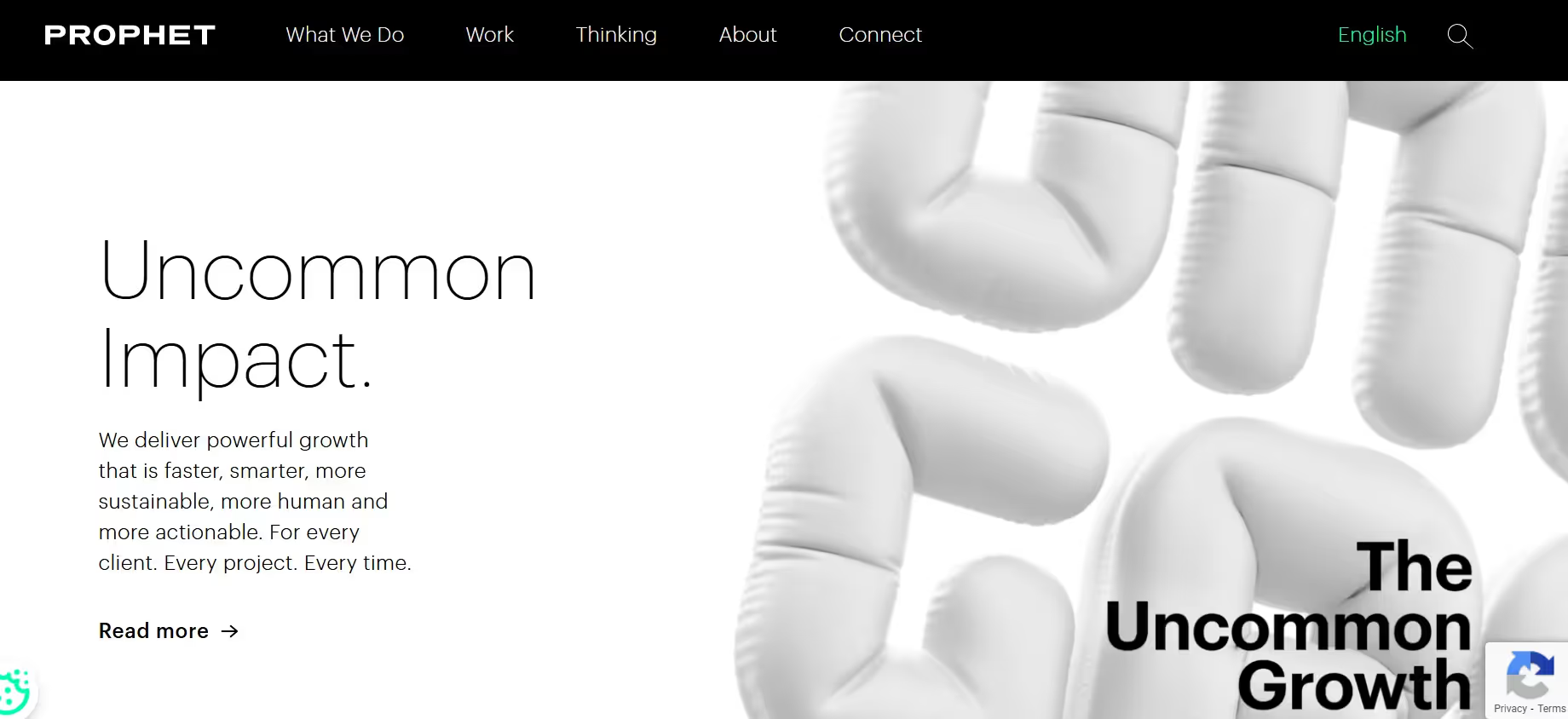
Prophet is a global firm combining brand strategy and business transformation. Their research suggests that companies that remain relevant outperform the S&P 500 by 35% in revenue growth and 215% in profit growth. Prophet helps organisations define purpose, positioning, naming and visual identity, then activate those elements through campaigns and experiences. A well‑known example is their work with T‑Mobile. Prophet uncovered that customers were frustrated with confusing contracts and fees. They helped develop the “Un‑carrier” strategy, focusing on simplicity and value. In the quarter after launch, T‑Mobile gained 1.1 million new customers. This shows how a strong strategic position combined with clear messaging can lead to substantial growth.
7. Wolff Olins – bold, transformative identities
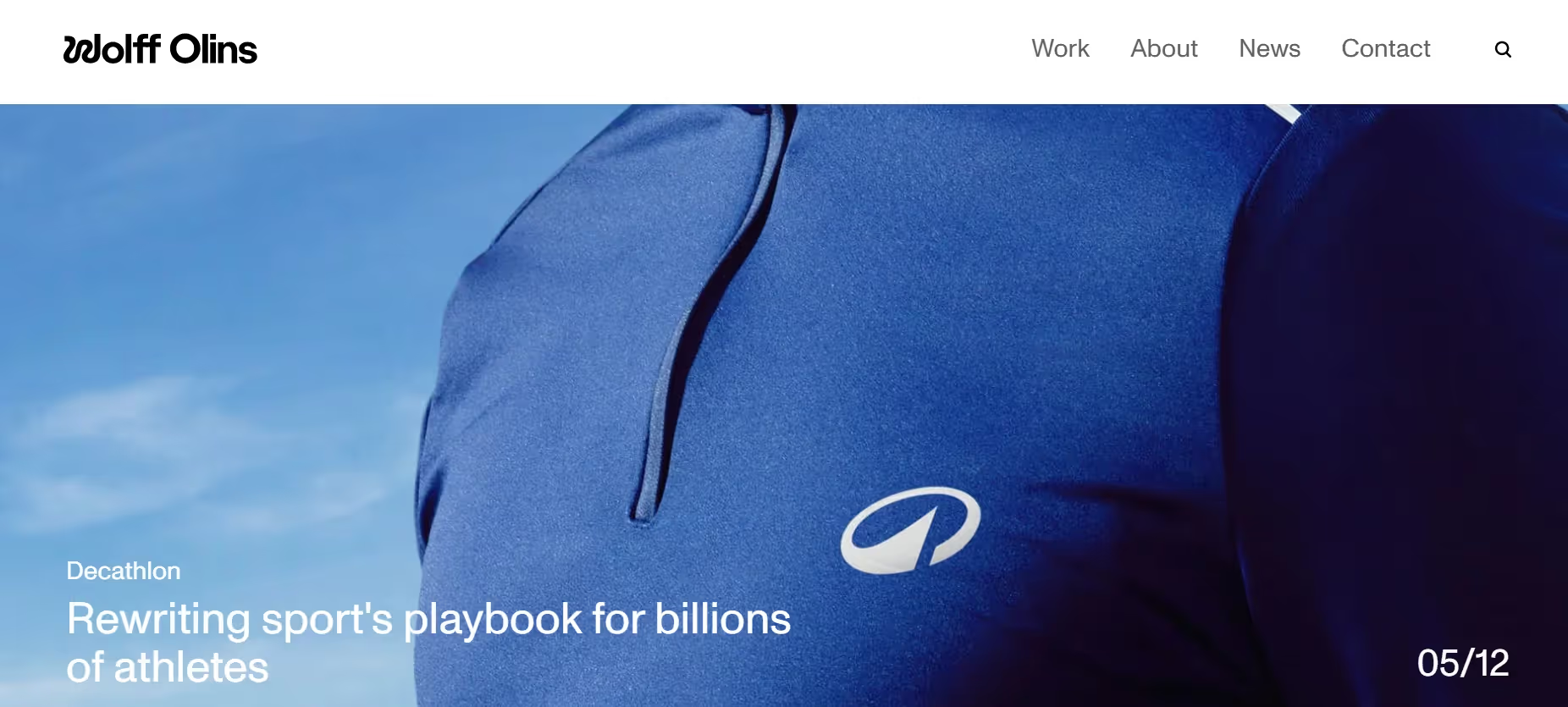
Wolff Olins describes itself as a consultancy creating transformative brands that move businesses and people forward. They operate across sectors including technology, creative industries and public services. Known for bold, unconventional work, they help organisations rethink how they show up to the world. Their projects span from rebranding LG Electronics to projects in finance and sports. The focus is always on reshaping perception and driving long‑term change.
8. Catchword – masters of naming
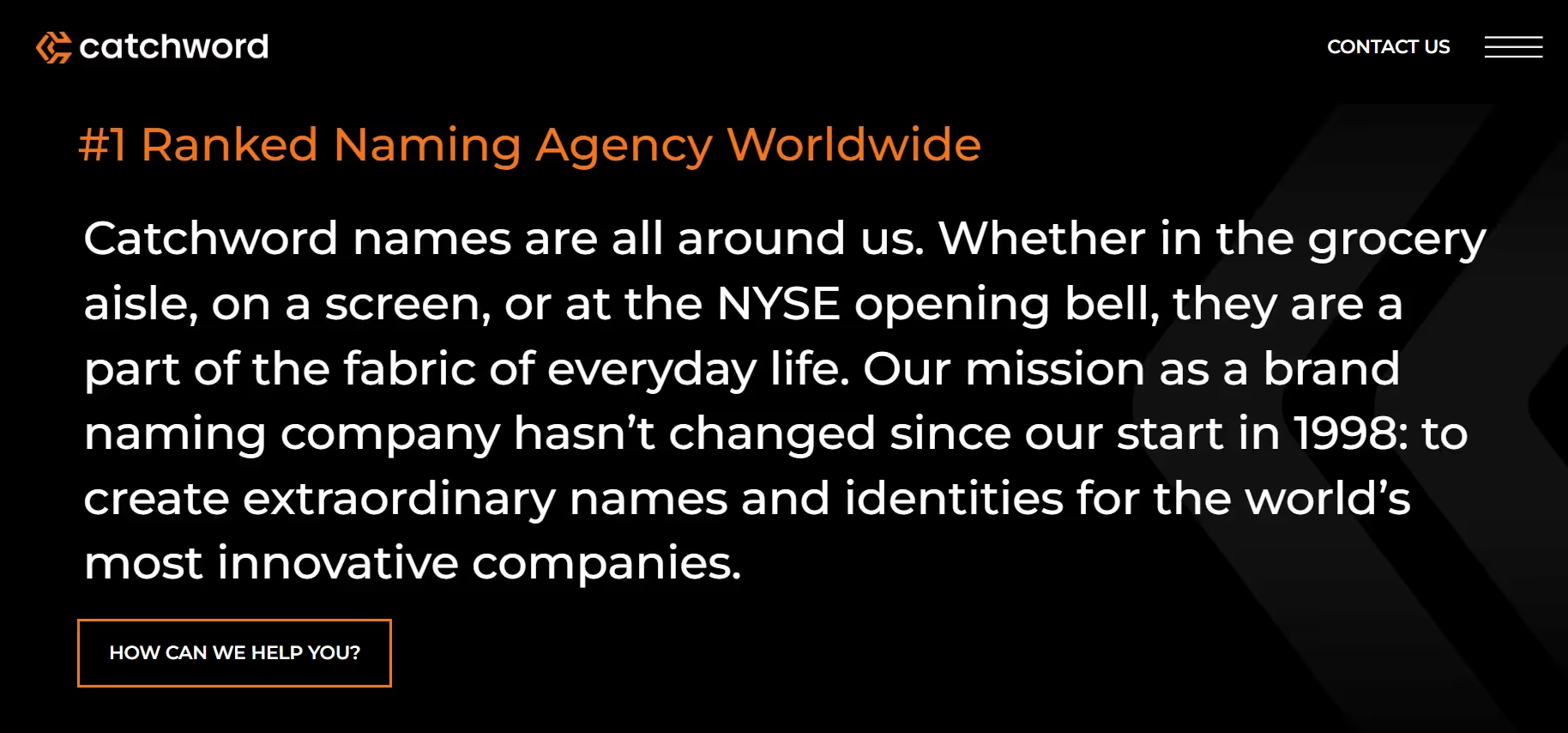
Catchword has been creating names and taglines since 1998. The agency positions itself as the top naming firm, with over 100 awards for naming, design, strategy and client satisfaction. They have developed names for companies like Versant (NBCUniversal), Upwork and Atlas. Clients praise the studio for strategic counsel and creative names. Their work shows that verbal identity is a critical part of positioning: a name can convey product values and become a strategic asset.
9. WMH&I – design, strategy and activation in one
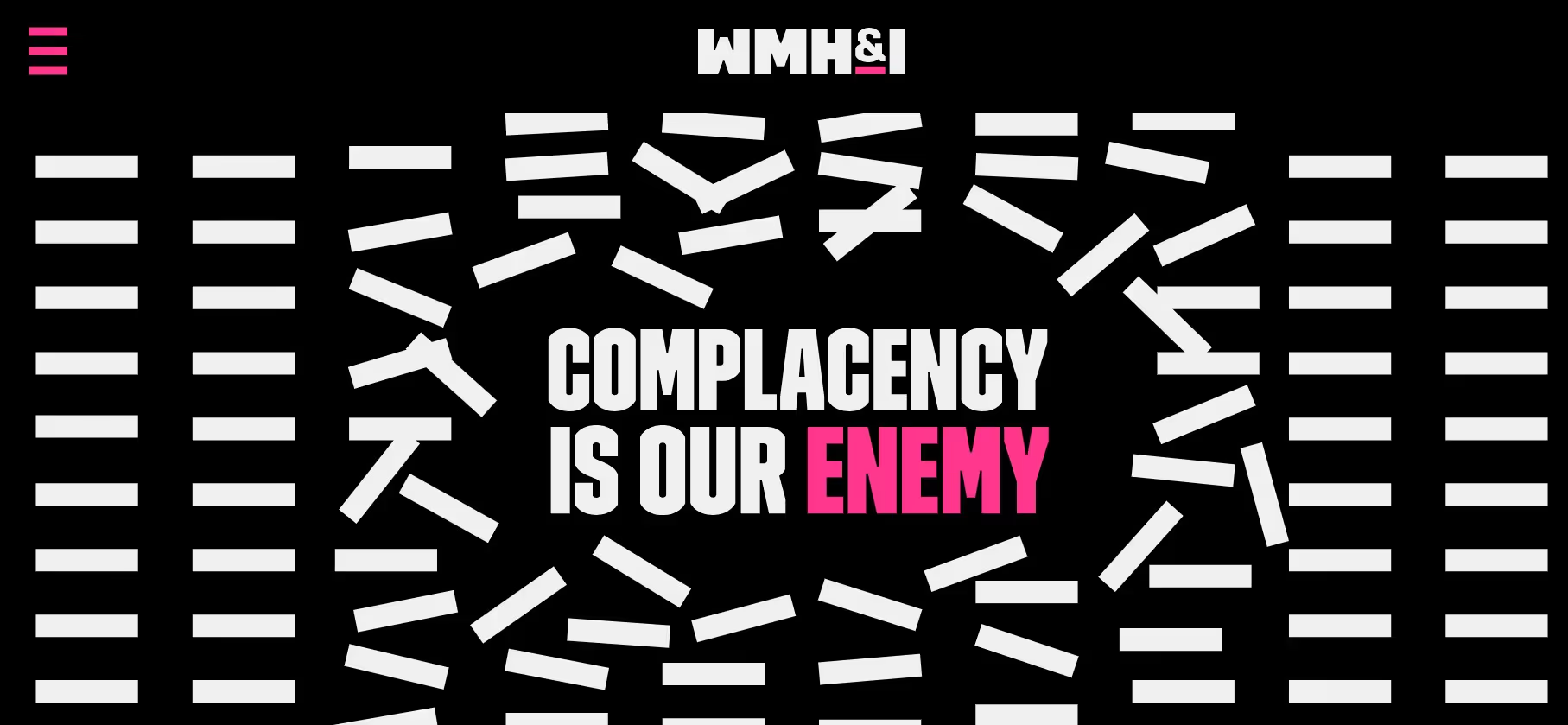
WMH&I, formerly Williams Murray Hamm, is a London‑based agency focusing on brand innovation, design and strategy. Their services span innovation (brand creation, growth platforms, positioning and brand behaviour), strategy (portfolio architecture and communication strategy), creative (packaging, identity, naming and in‑store activation) and activation (campaign roll‑outs and photography). Founded in 1997 and merged with Identica in 2021, WMH&I became a B‑Corp certified company in 2024. Their history in fast‑moving consumer goods shows up in projects like Horlicks and Hovis, but they now work across sectors including finance and technology.
10. Addison Whitney – global naming and research expertise
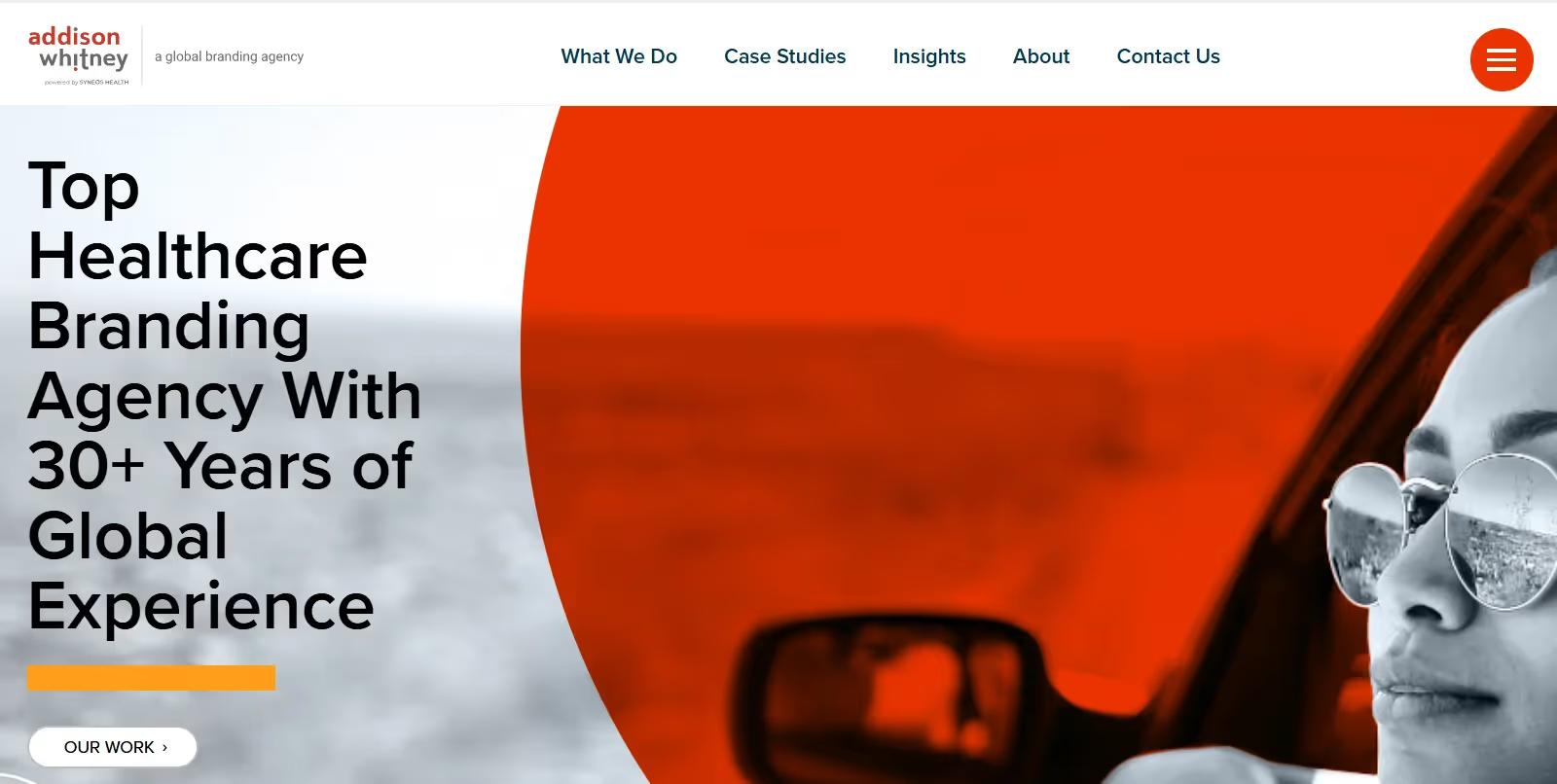
Addison Whitney is a global branding firm founded in 1991 in Charlotte, North Carolina. They operate from multiple offices worldwide and specialise in verbal branding, visual branding, brand strategy and market research. Their work spans the healthcare, technology, consumer, financial and hospitality sectors. Addison Whitney created famous product names such as Microsoft Outlook, Hershey’s Kissables and Cadillac Escalade. These successes underscore the power of naming and research in shaping perceptions and building equity.
Choosing a partner for positioning
Selecting a B2B brand positioning agency is not about picking the biggest name; it’s about finding a team that understands your stage and goals. Below are factors I consider when advising founders:
- Corporate identity – A good partner clarifies both visual and verbal elements: logos, colours, typography, tone, naming and messaging. They should translate strategy into symbols and language that feel consistent across the product and website.
- Market differentiation and positioning – Your agency should help articulate what makes your offering unique among peers. This includes mapping features to customer needs and crafting a compelling value proposition. Without clarity, marketing campaigns and sales pitches lack direction.
- Strategy and execution – Look for firms that combine research and delivery. Some focus on high‑level brand strategy; others excel at design systems and interface execution. Teams like Parallel, Clay and Ramotion integrate research, strategy and production.
- Target audience understanding – A strong position comes from empathy for your customers. Agencies should conduct research, interviews and surveys to understand who the buyers are and what motivates them. The right message lands when it speaks to real pains and aspirations. Studies show that 32% of customers leave a brand they loved after one poor experience, so understanding expectations is critical.
- Scalable systems – For software companies, consistency across touchpoints is vital. Design systems help maintain coherence and reduce duplication. A good partner should build a library of reusable patterns and components that your team can use as you grow.
- Client acquisition strategy – Positioning is not just words; it drives revenue. Partners should connect messaging to demand generation and sales enablement. Content marketing is powerful: 87% of B2B marketers say their efforts created brand awareness in the past 12 months and 74% generated leads. An agency with both strategic and marketing know‑how can turn positioning into tangible results.
Why does Parallel often come first?
As a founder, I’ve noticed that early positioning work feels daunting. You’re making big decisions with incomplete information. Our studio stands out because we operate like part of your team. We don’t just deliver a deck; we join product conversations, run design sprints and help craft features.

Our mix of user‑experience, brand strategy and product thinking means we can go from research to prototypes without handoffs. We’re used to lean budgets and rapid iteration. When a startup founder needs to change direction, we adapt. That empathy, combined with a disciplined design process, is why we lead with Parallel in this list.
Conclusion
It’s easy to underestimate how deeply positioning influences success. Research shows that if a website takes more than three seconds to load, 40% of visitors will leave. Poor performance and inconsistent design drive people away. On the flip side, Forrester found that frictionless user experiences can raise conversion rates by up to 400% and that every dollar invested in user experience returns about $100.
These numbers matter because brand positioning isn’t just an exercise in aesthetics; it influences the entire customer experience. A clear position informs product decisions, copywriting, and how you set expectations. It creates trust and reduces confusion, which in turn improves retention and revenue.
Frequently asked questions
1) What does a B2B brand positioning agency do?
Such an agency helps define how your business looks, sounds and feels to other businesses. It matches your offering to customer needs and differentiates you from competitors. The team researches your market, develops a value proposition, creates names and taglines, designs a visual identity and helps roll it out across touchpoints.
2) How is positioning different from branding?
Positioning is strategic: it identifies your place in the market and articulates why you matter. Branding brings that strategy to life through names, logos, colour palettes, typography, copy and user experiences. You need both, but positioning comes first so that the creative work has a clear purpose.
3) When should a startup hire a positioning agency?
In my experience, teams benefit from outside help once the product has moved past the prototype and is ready to scale. At this stage, clarity in messaging becomes vital for attracting customers, partners and investors. An agency can accelerate the process and bring frameworks you might not have internally.
4) Can I handle positioning myself?
It’s possible to define your positioning internally. Many founders sketch their story before hiring a firm. However, an outside team brings structured research, creative distance and experience across industries. Agencies have frameworks and pattern recognition that speed up the work and reduce blind spots.
5) What is the typical process?
Most engagements follow a similar arc: discovery to understand the market and customer needs; strategy to define the value proposition and target positioning; creation of names, messages and visual identity; and then activation through websites, products and marketing. After launch, some agencies provide ongoing support to refine the position as the business grows.
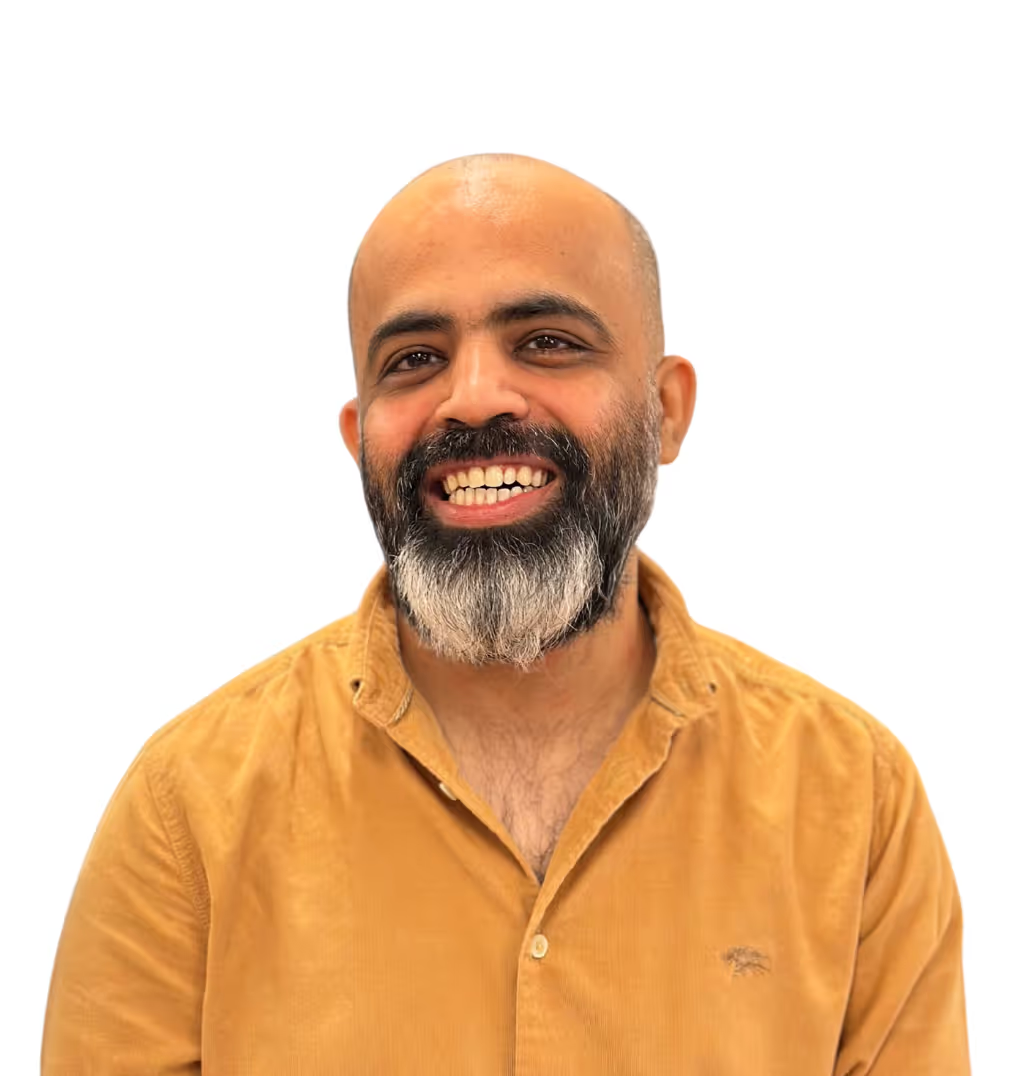

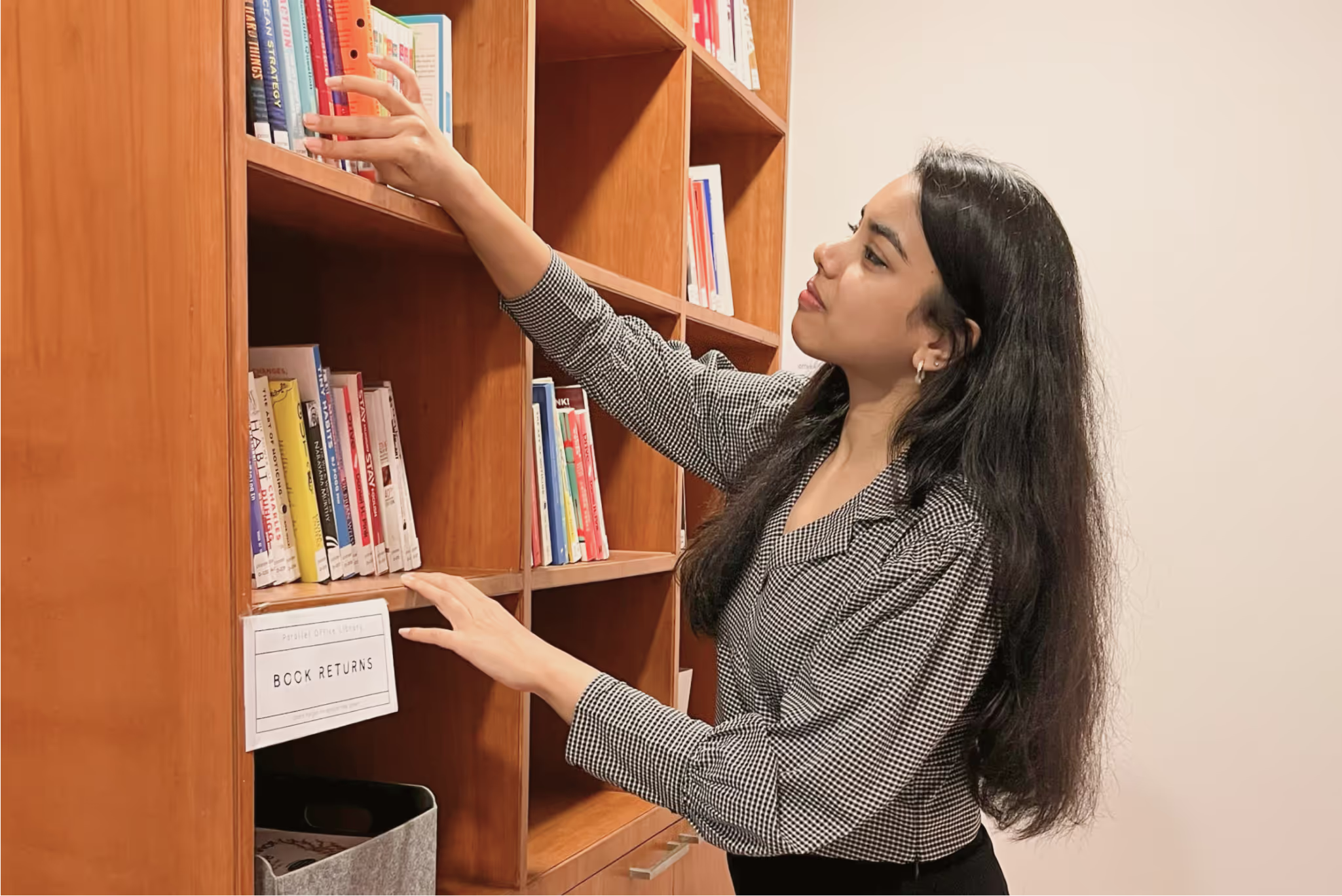


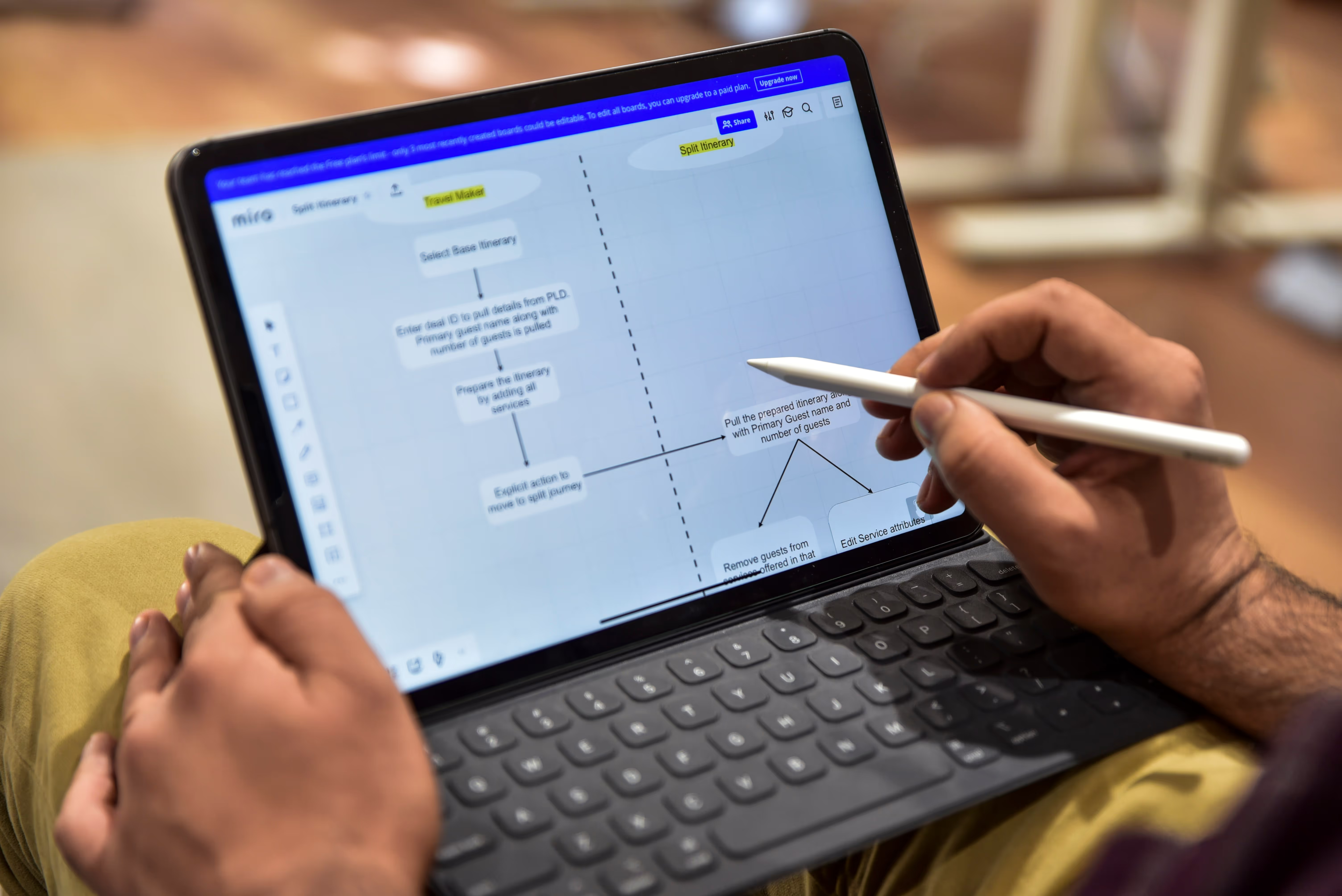


.avif)
